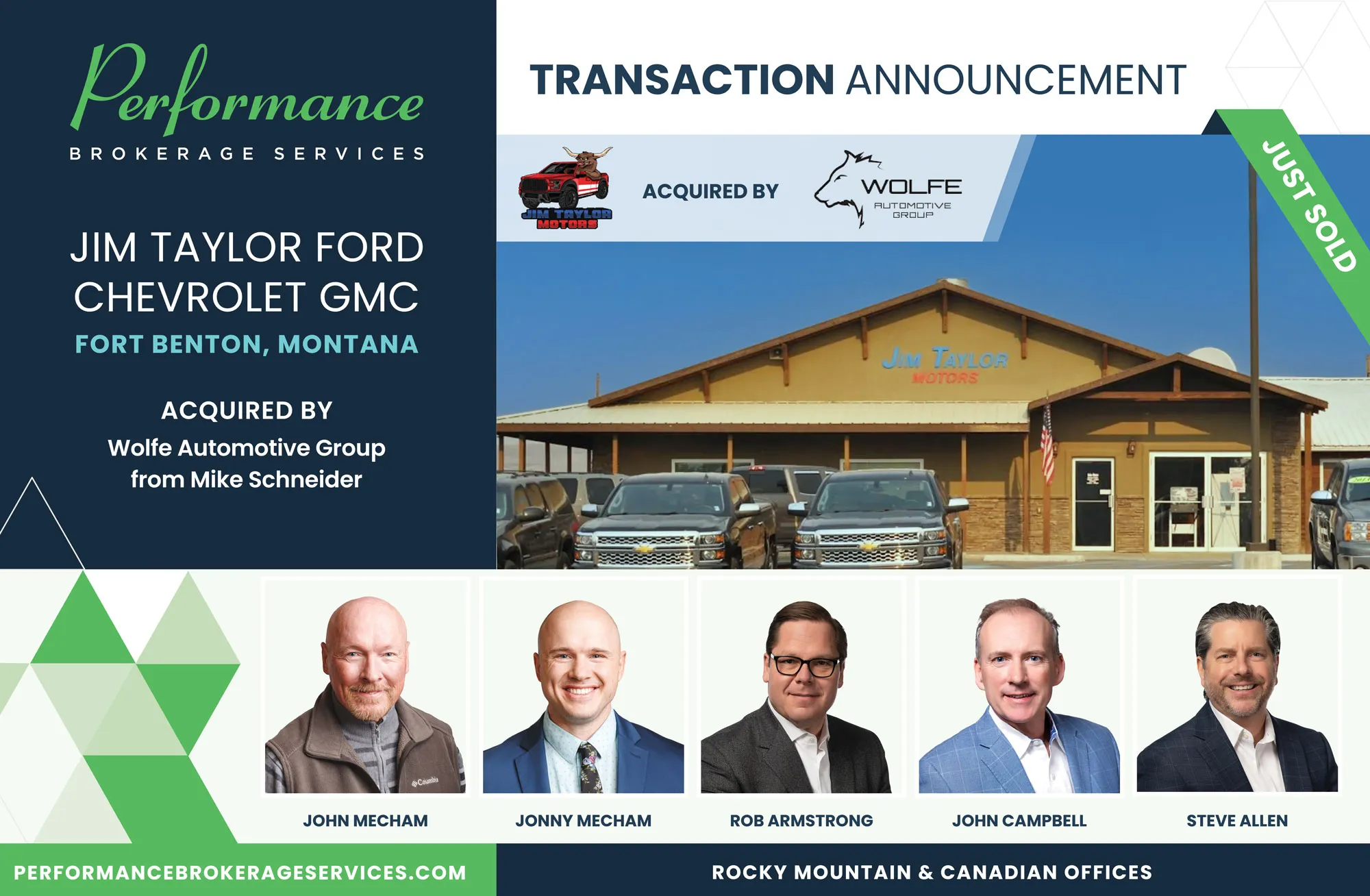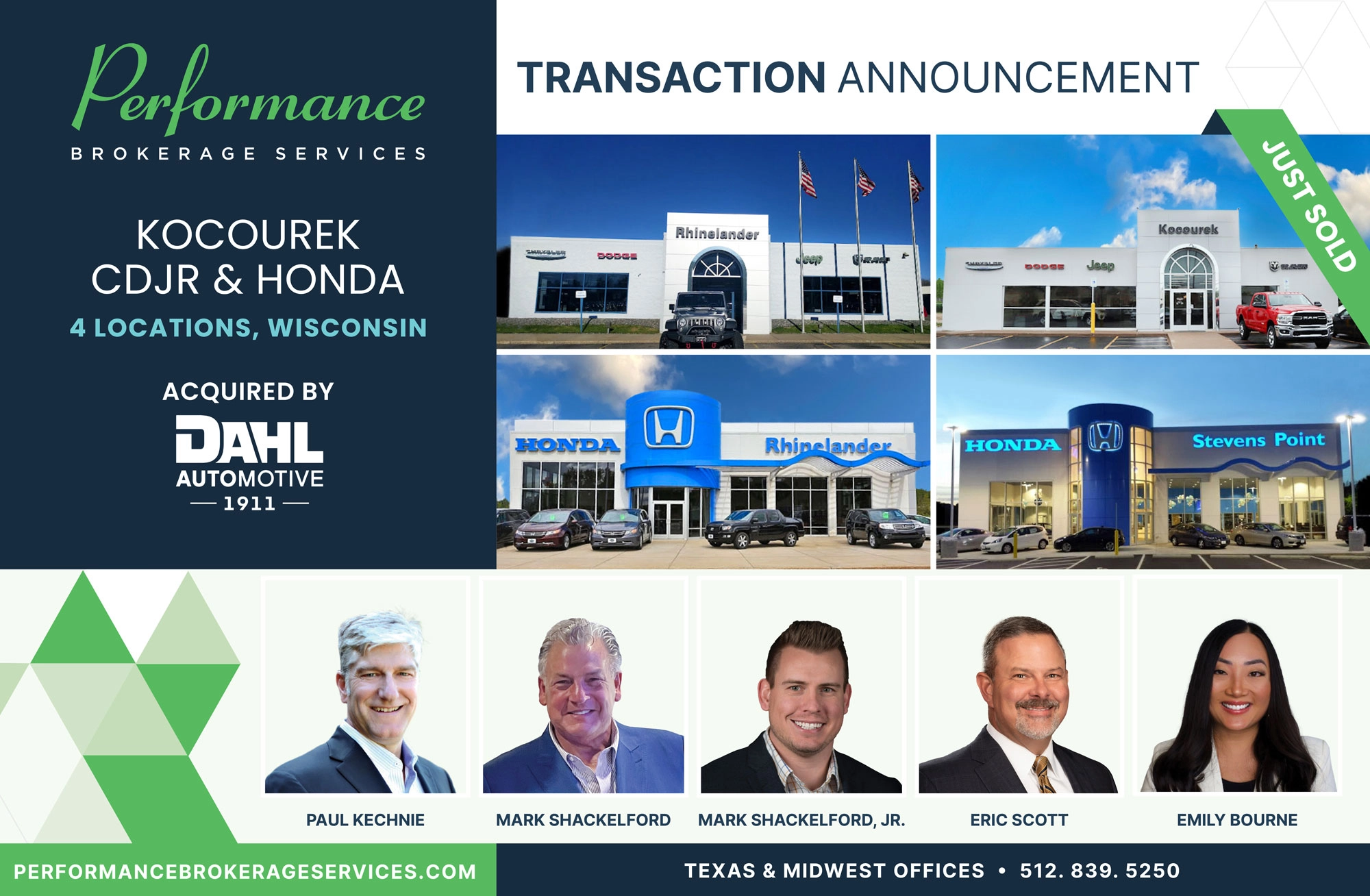(Reuters) — Lenders in the United States gave car buyers some of the easiest credit terms since the financial crisis in the first quarter as they competed to make more loans to borrowers they see as safe, a credit research company said.
The lenders also provided more money to people with subprime credit scores, cut interest rates and granted more time to repay, Experian Automotive, a unit of Experian Plc, said in a report today.
Rates of late payments and repossessions by lenders also declined in the quarter, Experian said.
The relaxed terms make it easier for individuals to buy cars, which is good for car dealers, manufacturers and the economy. But more aggressive lending also increases the chances of another round of losses for banks if borrowers lose their jobs and cannot keep up their car payments.
“This thawing of the credit pipeline has been good for everyone, from consumers to lenders to automotive retailers,” said Melinda Zabritiski, director of automotive credit for Experian.
Easier credit terms have also helped boost U.S. auto sales 10 percent through April, in line with the annual increases of the past two years, as the industry continues to recover from the recession.
Lenders are competing more to make car loans as banks struggle with weak demand for credit from consumers and many businesses in the aftermath of the crisis.
Car loans a priority
Car loans proved to be safer than mortgage and credit card loans during the recession. Borrowers tend to make payments on cars a top priority because they need the vehicles to get to work or apply for jobs, studies have found.
Experian said the portion of new car loans going to subprime borrowers increased by 11.4 percent in the quarter from a year earlier.
The average credit score for borrowers buying new cars dropped six points to 760 on Experian’s scale, which classifies marks of less than 680 as subprime. For used-car buyers, the average score dropped four points deeper into subprime range to 659.
Loans were also bigger, with the average amount financed rising $589 to $25,995 for new cars and increasing $411 to $17,050 for used cars.
But average monthly payments increased by $3 or less for new and used cars as borrowers were given more time to repay and were charged lower interest rates.
The average time to repay loans increased by one month from a year earlier to 64 months for new cars and to 59 months for used cars. More than 9 percent of used-car loans were made for more than six years.
Interest rates fell, on average, by 0.27 percentage points to 4.56 percent for new cars and by 0.06 points to 9.02 percent for used cars.
The report also showed that Ally Financial Inc., the former General Motors mortgage and auto lender now 74 percent-owned by the U.S. government, has continued to push deeper into used-car lending compared with its competitors.
Ally’s share of used car financing by the biggest 20 lenders increased 8.3 percent from a year earlier to 4.2 percent of the market, while its portion of new-car financing fell by 39.7 percent to one-tenth of the market, still the largest market share of any company.


